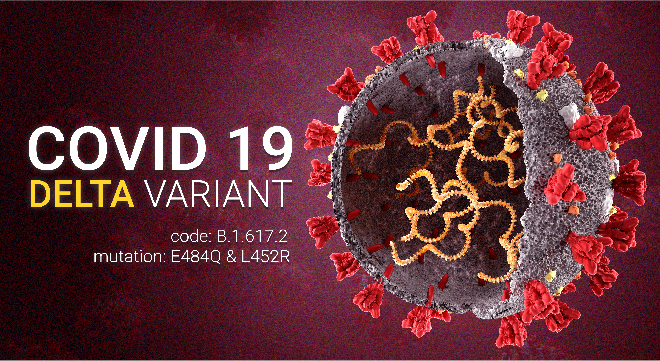Claims paid out by Liberty under its flagship Lifestyle Protector policy shot up by 59.6% last year, to R10.12 billion, largely because of the cumulative effects of the Beta and Delta waves of Covid-19.
In its latest set of claims data, Liberty said Covid-19-related claims totalled R3.47bn, and more than 61% of the claims were related to life cover for mortality events.
The Beta wave started in late 2020 and the Delta wave took hold in mid-2021.
Liberty Corporate, which provides group risk solutions, paid out R3.43bn in claims last year, a 40% increase from 2020. This was driven mainly by mortality claims, which increased by 84%.
“The effects of the pandemic became very real during the year. This was something we had anticipated, and we were able to be there for our clients during this difficult time,” said Liberty’s executive for retail solutions, David Jewell.
“The pandemic demonstrated the value of insurance in that it was a completely unexpected event and a reminder that life doesn’t always follow a predictable course.”
The statistics show that Liberty paid out 93.2% of claims last year, providing financial support to about 43 600 clients and beneficiaries.
Covid-19 claims contributed the most to all claims, accounting for 21.2%, with cancer a close second, at 20.7%.
The other reasons for claims were cardiovascular disorders, 17.4%; respiratory disorders, 9.4%; and strokes, 4.4%.
Liberty’s chief medical officer, Dominique Stott, said the focus on Covid-19 over the past two years resulted in South Africa taking its eye off critical illnesses such as cancer. Nearly 66%, or R6.65bn, of the total claims paid out were because of these diseases.
Among male clients, prostate cancer was the most common cancer claim, making up almost 29% of all male cancer claims, while among women it was breast cancer, which accounted for 38% of female cancer claims.
Rise in mental health claims
The Standard Bank-owned insurer also reported a spike in mental health claims last year, particularly among working people between 35 and 54 years. Liberty attributed this to stress brought on by Covid-19.
Income protection claims for mental illness-related claims increased to 7.1% in 2021 from 5.8% in 2020, while among life claims, the proportion of suicides increased to 5.8% last year.
Major depression accounted for 45% of all mental health claims, schizophrenia made up 15% and dementia 10% of claims.
“The stresses brought about by the pandemic have brought about long-term effects, including a mental health crisis, because people lost loved ones, were retrenched and are struggling to get by because of the economic upheaval,” Scott said.
Retrenchment claims stabilise
Retrenchment claims accounted for 7.2% of the 43,600 Lifestyle Protector claims, compared with 8% in 2020.
“Unemployment in South Africa continues to be high, and this weighs heavily on many South Africans, but the rate of increase has reduced from what was seen in 2020 during the early lockdown stages,” said Jewell.
Almost 600 claims were approved last year for one of Liberty’s additional income protection benefits, the Educator benefit. These claims were the result of parents or caregivers dying or being unable to work because of a disability or critical illness.
At least R25 million in claims were paid out through this benefit. Fourteen percent of the claim amounts covered supplementary allowances, providing for expenses such as textbooks, uniforms and school transport.



